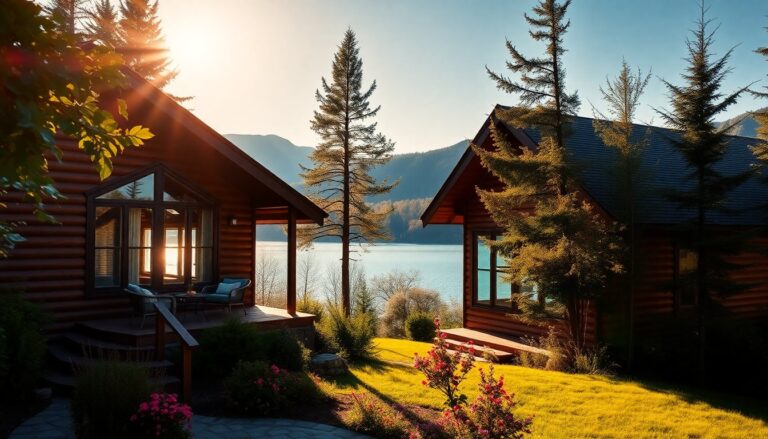Purchasing a second home is a significant milestone that requires careful consideration. Whether it’s a coastal retreat, a cozy mountain cabin, or an urban escape, the right choice depends on several factors. This guide offers practical advice to navigate the journey of selecting a vacation property.
One of the most critical elements
in this decision is the location. Evaluating the scenic beauty of the area is essential, but so is its accessibility and available amenities. For example, if you are considering a beach house, assessing the proximity to the shoreline is crucial. Conversely, for those interested in a mountain home, consider its distance from ski resorts and outdoor recreational activities.
Evaluating accessibility and budget
Accessibility is vital for your second home experience. Examine transportation options,
such as highways, public transit, and regional airports. A well-connected property can enhance your visits and facilitate trips to neighboring attractions. Additionally, gauge travel times from your primary residence to the second home, ensuring it fits your lifestyle preferences.
Setting a realistic budget
Establishing a detailed budget is essential to avoid unexpected financial burdens. Beyond the initial purchase price, anticipate additional costs such as property taxes, maintenance, and
management fees. If you do not plan to occupy the home year-round, consider the potential for renting it out during off-seasons. This could help offset ongoing expenses, making the investment more manageable. When contemplating rental opportunities, research the local market demand to project possible earnings.
Understanding maintenance and lifestyle considerations
Owning a second home comes with significant maintenance responsibilities. Before finalizing your purchase, conduct a thorough assessment of the property’s condition and identify any repairs that may be needed over time. If the home is located in an area prone to severe weather, such as heavy snowfall or hurricanes, be prepared for potentially higher upkeep costs.
Aligning with your lifestyle
Your personal lifestyle and habits should influence your choice of property. Reflect on how you plan to use this new space: will it be a vacation getaway, a family gathering place, or a long-term investment? These considerations will guide your decision-making process regarding the type of home and its location. For families with children or pets, seeking a property with ample outdoor space and security features may be particularly beneficial.
Managing rental opportunities
If you decide to rent out your second home, having a clear management strategy is vital. You may choose to hire a real estate agency to handle bookings and maintenance or adopt a more hands-on approach. Regardless of your decision, familiarize yourself with local regulations surrounding rentals and any tax implications that may apply.
Ultimately, acquiring a second home is a long-term investment that should not be rushed. Take the necessary time to evaluate all aspects of your potential purchase, comparing various options before making a commitment. With careful planning and a clear vision, your second home can become a cherished haven for relaxation and enjoyment for years to come.

